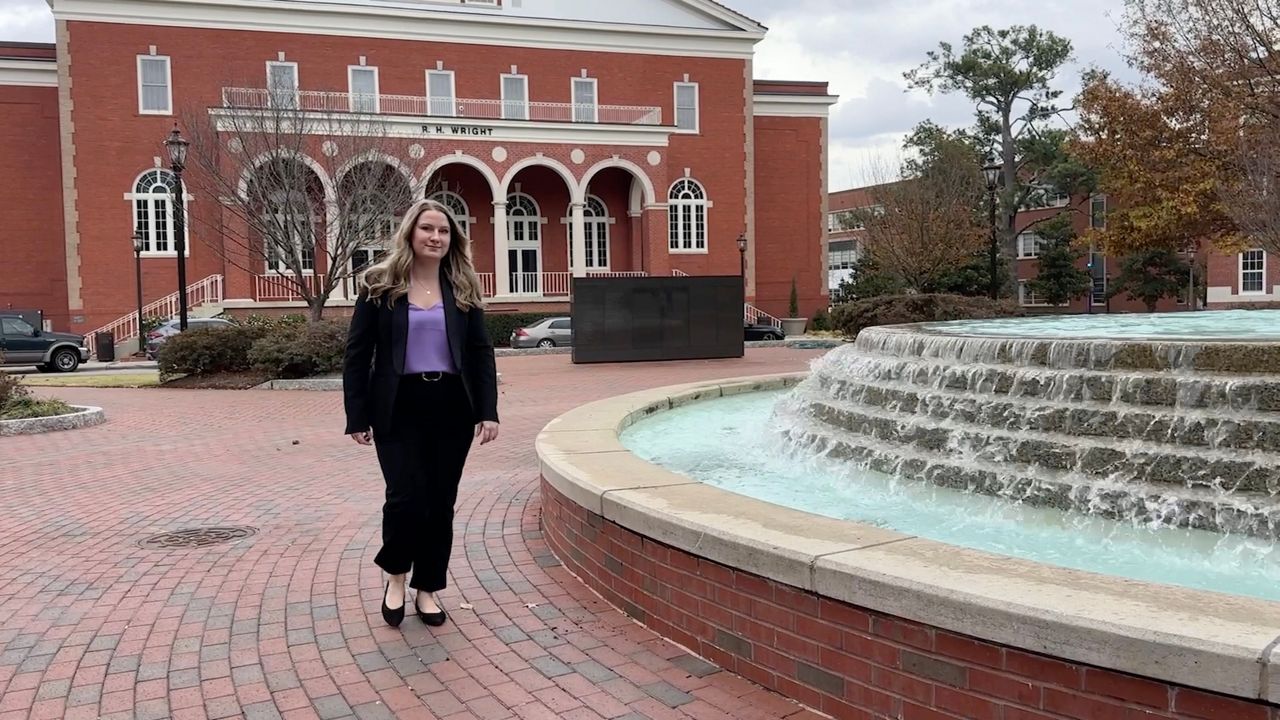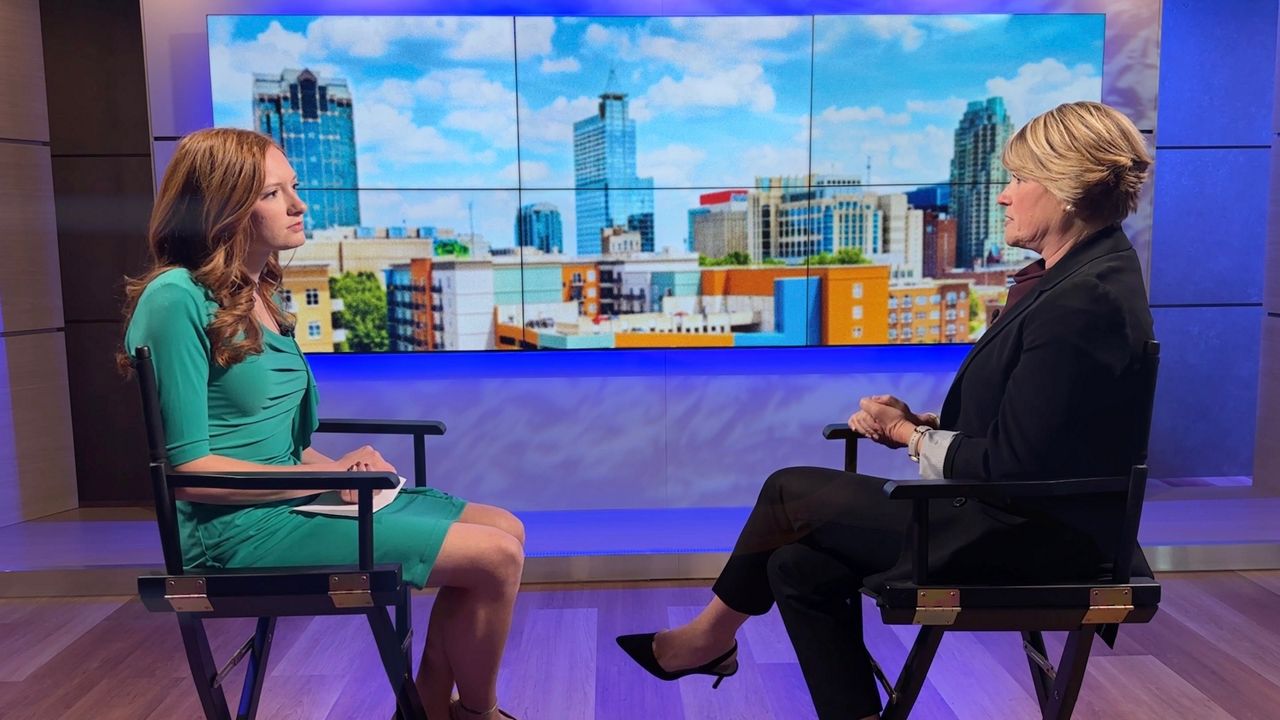NORTH CAROLINA — Acts of crime and violence in North Carolina schools have increased over the past few years.
The state’s consolidated data report shows almost 6,000 acts of crime and violence were reported among high school students for the 2021-22 school year. That’s more than a thousand more incidents than years immediately preceding the COVID-19 pandemic. These statistics leave school staff and guidance counselors looking for answers to better meet student’s mental health needs.
“When I think about making schools a more safe place,” Allison Fears said. “It's hiring more mental health professionals.”
Fears teaches in the school counselor program at East Carolina University.

“What’s important now more than ever, I think, when training future school counselors is not just advocating for their role as mental health professionals but also training them with the realities of what is happening in schools today,” Fears said.
She used to work as a guidance counselor. But Fears says she got burned out after a couple of years and felt called to make a bigger impact in the field.
“I had almost 500 students on my caseload at my first job,” Fears said. “And trying to address not just the academic post-secondary plans of every single student, but then having to touch on and being able to monitor the mental health needs and concerns of every single student, it's a lot.”
The American School Counselor Association says the ideal ratio is 250 students to one school counselor.
“Two hundred fifty students is a lot,” Fears said. “If you ask a clinical mental health counselor, do they have 250 clients, they are likely going to say no.”
Fears says schools not only need more guidance counselors, they also need more respect for school counselors as mental health professionals. Over the past year, the mental health needs in schools has been highlighted after an increase in school safety concerns. The conversation was revisited once again after two students were stabbed during a fight at Southeast Raleigh High School and one died.
Fears says counselors aren’t always equipped to deal with the mental health issues that come out of incidents like stabbings, shootings or even a pandemic. That’s why she started teaching.
“One thing I'm very intentional in my classes with students is having discussions about what are they currently facing,” Fears said. “What are they currently seeing in today's school system? So that we can have these open discussions, because there's not a clear cut answer a lot of times.”
Fears says the foundation of helping students’ mental health is forming relationships with them. She has notes and photos on her wall from past students to remind her of the impact school counselors can have on their health and well-being.
“You are able to make an impact, and you are able to create great relationships with these students no matter how long,” Fears said. “It speaks to who I am. It speaks to who they are and speaks to why I got into school counseling to begin with.”
North Carolina is focused not only on training mental health professionals in schools, but also ensuring other safety measures are in place to decrease crime and violence. After the school stabbing in Wake County, Catherine Truitt, the state superintendent of public education, had a conversation about school safety progress.
Truitt says this year, the General Assembly provided $74 million to work on school safety. Although many decisions about specific safety measures are decided at a local level, Truitt says every district that applied for a school safety grant got what they asked for. She also says taking care of students’ mental health is essential.

“I think that the mental health piece is certainly just as big a part of school safety as the physical safety,” Truitt said. “We have to make sure that there are school support personnel that students have access to who can address those mental health issues. And so this preventative, proactive legislation, I think, is key in ensuring that students needs are met before a crisis happens.”
This year Gov. Roy Cooper signed House Bill 605 to establish "threat assessment teams" in schools across the state. Starting in March 2024, public schools in North Carolina will be required to have those teams. These teams are designed to provide training on recognizing and reporting threatening behavior, set up anonymous reporting methods and refer individuals to mental health services if they are found to be credible threats. The law will also require public schools to hold school safety exercises and programs.



